 The subject is China – huge, baffling – but “Two Innocents in Red China” is a good book to tackle it.
The subject is China – huge, baffling – but “Two Innocents in Red China” is a good book to tackle it.
We have the writing of not one but two Trudeaus: the late Prime Minister Pierre Trudeau who wrote the original manuscript with a close friend, Jacques Hebert in l960, and also Trudeau’s son Alexandre, himself a ranking film-maker and journalist, who has reissued the book 47 years later with an up-to-date introduction of his own.
Trudeau and Hebert were left-wing intellectuals living in Montreal at the time Quebec was emerging from the dark days of Duplessis domination. They had both travelled considerably by the time the Red Chinese government’s “Cultural Association” was issuing invitations . Trudeau had in fact been in Shanghai in l949 just before the Communists routed Chiang Kai Chek. In l960 five Montrealers accepted China’s invitation and set off for a trip of 5 weeks that would cover 5000 miles.
At that time the West was in the throes of the Cold War and did not recognize Red China, which was very poor and feared by Westerners. The Two Innocents were to discover what was really going on – or at least what their hosts wanted them to see. Between them, Trudeau and Hebert describe quite frankly, and often amusingly, what it’s like to visit factory after factory, nurseries, hospitals, prisons, under the always-polite care of an interpreter and a guide who never leave them alone to talk privately to a Chinese citizen.
What they see is a total emphasis on work – which Mao had realized would give the down-trodden peasant class a sense of pride, as well as build prosperity for the Great Leap Forward. Even the political leaders were required to work one month a year in a workshop or in the fields.The result, the Canadians report, is a sea of smiling healthy children who today of course have built the new China, host to the Olympics and leading the world in economic expansion.
Margaret MacMillan, herself the author of “Nixon in China”,calls “Two Innocents” a charming period piece that gives a memorable picture of a China that has largely vanished. Even in l960 Trudeau and Hebert looked in vain for much of spiritual value. They longed to dream beside a Buddhist temple, or emperor’s tomb, but were whisked off to yet another film on the Red Army,or endless cups of tea before visiting a commune. Trudeau does slip off one evening and wanders the streets alone, without finding a single night-club – no jazz, no Scotch. He was gently reprimanded for the rest of the trip.
Still, you feel considerable sympathy on Trudeau’s part for a country which he points out had been invaded 40 times in the last century and a quarter, and which was struggling to improve conditions which meant 94% of the population lived in only 2/5th of the country. When he became Prime Minister ,of course,. he was the first Westerner to recognize Red China, in l970.
His son, Alexandre, writes a 33-page Introduction with some thoughtful insights into his father’s life and interest in China. He had planned to take his whole family to China when Tiananmen Square forced them to cancel. Alexandre also updates developments in China, based on his own travels there.
Altogether this is a fascinating look at the enormous country that has been so successful it may stifle in its own environmental excesses – something Mao did not consider.
Review by Anne McDougall
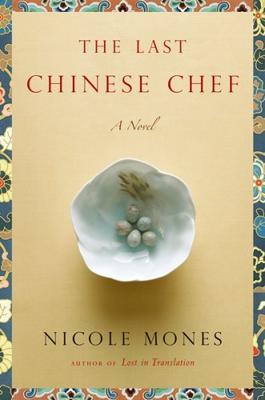
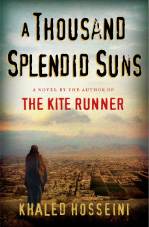

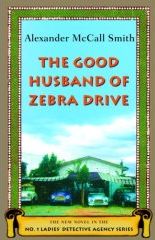


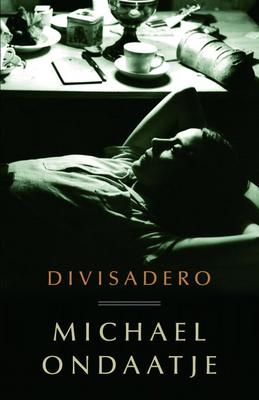

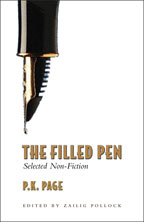
 Kim Krenz will be reading, and signing copies, of Kate’s memoir; “To Italy with Love”.
Kim Krenz will be reading, and signing copies, of Kate’s memoir; “To Italy with Love”.